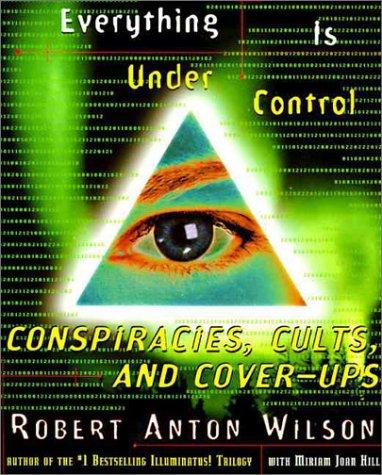Books
162 readers
1 users here now
All about the books
founded 2 years ago
MODERATORS
1
2
4
5
6
7
8
7
2023 Biography of Marian Rejewski: “The First Enigma Codebreaker” | flyingpenguin
(www.flyingpenguin.com)
9
10
11
12
13
14
15
6
Red Team Blues: Cory Doctorow's Anti-Finance Thriller – Economics from the Top Down
(economicsfromthetopdown.com)
16
17
18
19
20
21
22
23
24
25
view more: next ›
